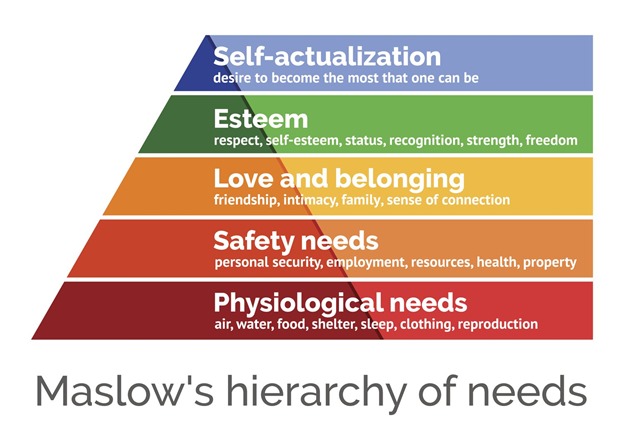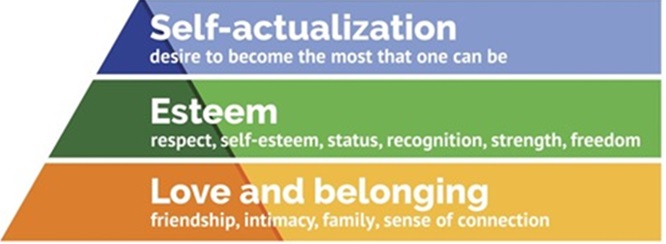By Neeraj Manchanda
In the evolving world of electric vehicles (EVs), the limelight is squarely on the two-wheeler segment, especially in emerging markets. But there is an issue. Most brands don’t have reach into the upcountry markets. And commodity players are attacking the hinterland. They are mixing and matching batteries, motors and battery management systems at an overall low price to gain market share in these markets.
When ZUGE introduced a revolutionary approach by leveraging MetaVerse technology for both brands and “non brands” to bring multiple virtual showrooms to the customer, using an Oculus, we have arrived at some startling conclusions. Our innovative strategy transformed 2-wheeler EV distribution using multi-showroom brands, providing consumers with an immersive and diverse shopping experience. However, a clear divide surfaces within this market, as residents of Tier 1 cities lean towards high-end, status-boosting EVs, while their counterparts in upcountry markets prioritize fulfilling fundamental needs.
Unveiling Consumer Preferences through a simple model:
A renowned model (Maslow’s Hierarchy of Needs) serves as a lens, providing valuable insights into the dynamics shaping the purchasing decisions of individuals in diverse markets.

Upcountry Markets: Meeting Basic Needs:
a. Affordable Transportation:
Upcountry consumers seek economical and reliable transportation, positioning 2-wheeler EVs as a practical choice for basic commuting needs.
b. Durability and Reliability:
Safety is paramount, emphasizing the importance of EVs that can withstand challenging road conditions.

c. Range and Charging Infrastructure:
Reliable transportation hinges on sufficient range and accessible charging infrastructure, addressing concerns arising from limited charging options.
d. Resale Value Considerations:
A robust resale market is pivotal for upcountry consumers, viewing their EV purchase as a strategic investment that ensures financial security.
Tier 1 Markets: Elevating Status and Beyond:

a. Prestige and Branding:
Tier 1 consumers perceive 2-wheeler EVs as status symbols, gravitating towards renowned brands that convey prestige.
b. Advanced Features:
The desire for esteem and recognition drives Tier 1 consumers to opt for technologically advanced 2-wheeler EVs with smart connectivity, superior performance, and luxurious aesthetics.
c. Environmental and Social Responsibility:
Tier 1 consumers prioritize sustainability, viewing 2-wheeler EVs as a means of contributing to environmental conservation and aligning with societal values, reaching the pinnacle of self-actualization in their purchasing decisions.
In navigating the diverse consumer preferences, Maslow’s Hierarchy of Needs emerges as a valuable framework for deciphering the diverse preferences inherent in the 2-wheeler EV market. While upcountry markets prioritize fundamental physiological and safety needs, Tier 1 markets exhibit a penchant for EVs that elevate social status, featuring advanced capabilities and embodying a commitment to environmental and social responsibility.
Learnings from our Leveraging of Metaverse Technology:
In conclusion, this nuanced understanding holds paramount significance for manufacturers, marketers, and policymakers. Customizing strategies to address the unique requirements of distinct consumer segments within the 2-wheeler EV market is essential. The ongoing evolution towards sustainable and consumer-centric mobility unfolds against the backdrop of the intricate aspirations of riders across diverse landscapes, guided by a keen awareness of these varied needs.
#EV #ZUGE #Safety #MaslowsHierarchyofNeeds #Charging #Batteries #2-WheelerEV #Exide #ConsumerPreference #SocialStatus #StatusSymbol #Tesla #Tata #Mahindra